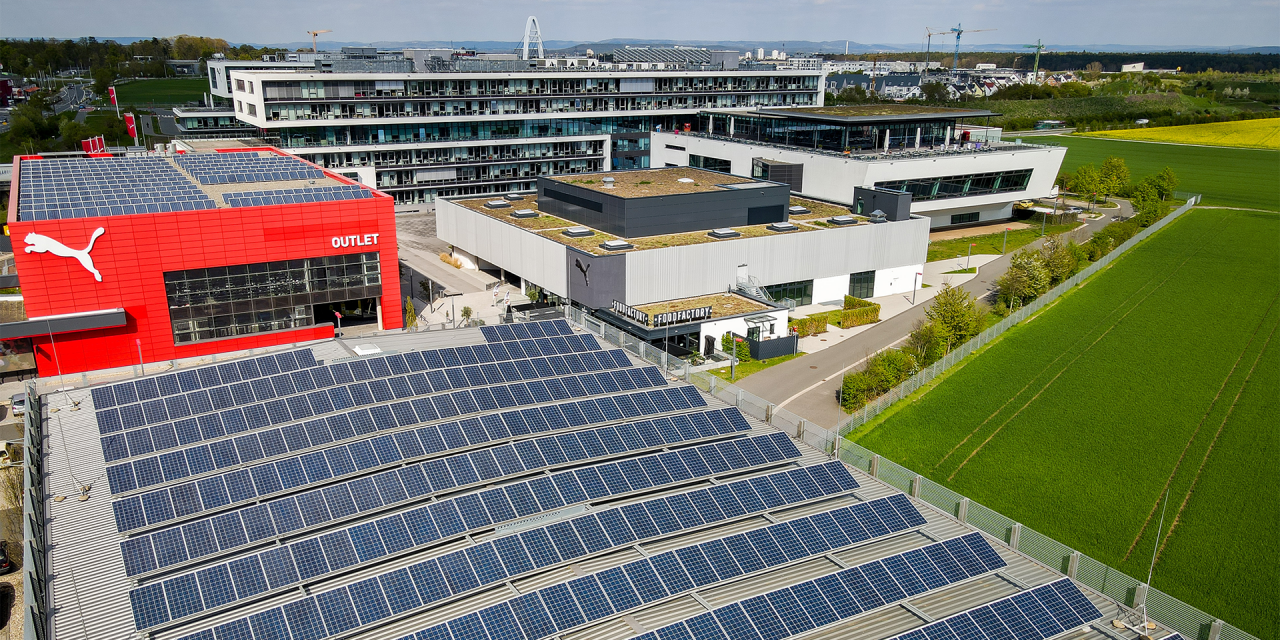Sports company PUMA is the most sustainable brand in the industry according to the latest ranking by publication Business of Fashion, which ranked the 30 largest companies in the fashion business.

Business of Fashion noted that PUMA had leading scores for water & chemicals, worker’s rights and transparency, while also sharply improving its emissions score compared to last year. Overall, PUMA scored 49 out of 100 points, well above the industry average of 28.
“We welcome the recognition in the Business of Fashion Sustainability Index 2022 and will take our leadership position as an encouragement to take the next step on our sustainability journey,” PUMA CEO Bjørn Gulden said. “We agree with the conclusions that much remains to be done to bring our industry in line with the Goal of the Paris Agreement on Climate Change as well as the United Nations Sustainable Development Goals.”
As part of its Forever Better sustainability strategy, PUMA announced earlier this year that it had reduced its carbon emissions between 2017 and 2021 from both its own operations (-88%) and its supply chain (-12%), in spite of strong sales growth in the same period.
PUMA achieved this reduction by purchasing 100% renewable electricity through renewable electricity tariffs and renewable energy attribute certificates, moving our company’s car fleet to electric engines, using more sustainable materials and implementing efficiency improvements at a factory level.
To be transparent about its supply chain, PUMA published its full list of Tier 1 suppliers and also the most important suppliers in Tier 2 and selected Tier 3 suppliers.
In water & chemicals, PUMA published wastewater tests for its suppliers with wet processing and showed improved compliance with wastewater industry standards such as the ZDHC Wastewater Quality Guideline.
To improve workers’ rights in its supply chain, a topic the company first committed to in its Code of Conduct in 1993, PUMA works together with the Fair Labor Association and the ILO Better Work Program. PUMA collects and publishes wage data and other social performance indicators in its annual report.